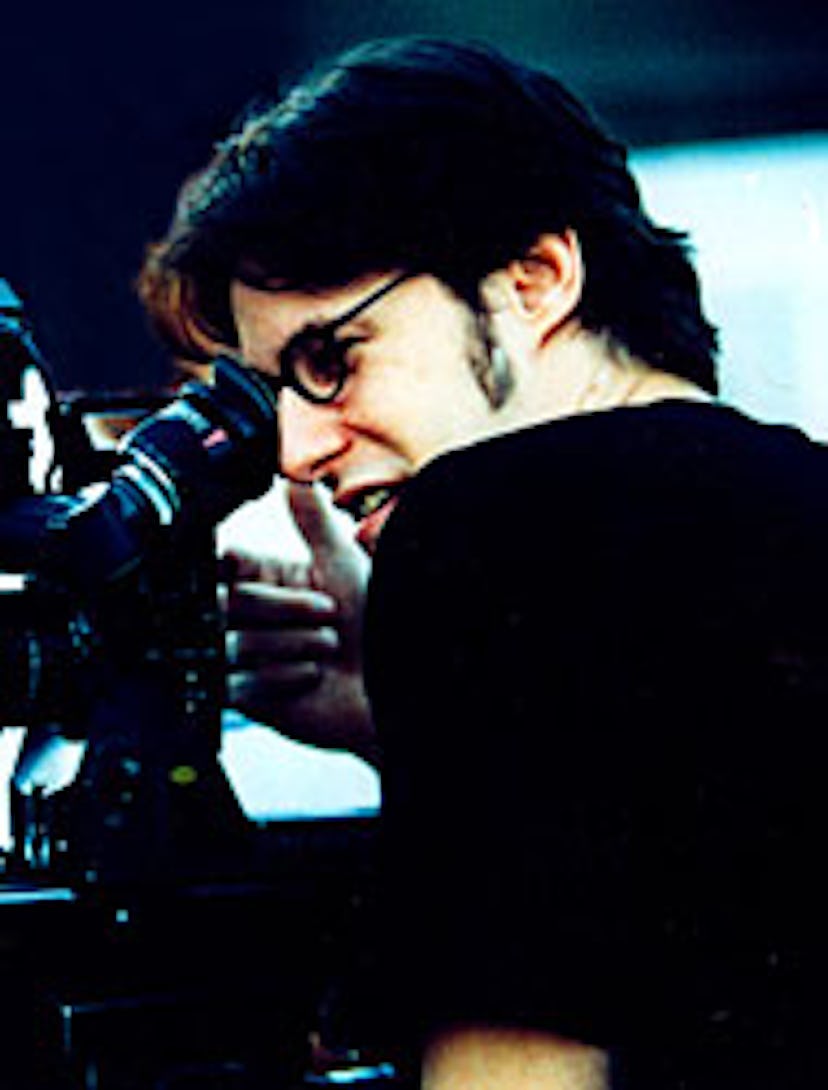Five minutes with Don Argott, director of The Art of the Steal
Local politics and world-class art collide in The Art of the Steal, a new documentary about the move of a private museum, The Barnes Foundation, from its home in the Main Line suburbs to the...

At the beginning of the film, art dealer Richard Feigen is walking through a Post- Modern auction preview at Sotheby’s and dismissing the art as not even close to “Barnes-worthy.” Were the guards there chasing after you for that footage? No, they were rolling out the red carpet for Richard and we just went in after him. But the disdain he has, I don’t think [Sotheby’s] will be super-psyched about that. I mean, he buys and sells art for the Louvre. We wanted that scene really to not only show you what the art was worth, but really what people think of art. Even though the Barnes is filled with these amazing, important works, it’s not about the dollar sign. But it’s been transformed into that. It just naturally evolved into this thriller. There are all these crazy extremes, like at one point it’s this boring civic community thing and the next thing there’s a lawsuit under the federal Klu Klux Klan Act. So many of the pieces of the story are like that.
It really is about so much more than a few local politicians overriding one man’s will. If it was just that it would be boring.
One thing it’s not, though, is objective. The majority of the people you speak with are vehemently against the move. Professor Robert Zaller calls it “the greatest theft of art since the Second World War.” People have said that the film is biased. We went to great lengths to make sure we could back anything in the film up in a factual way. Ultimately this is a film that is shown through the eyes of Albert Barnes. He put the words of his will together. I just happen to agree with him.
You started working on the film in 2007, when so much of the drama and power struggle for control of the Barnes had already happened. How did you go about bringing it back to life? Do you wish the film had been made earlier, so it could have potentially had an impact on the move? We didn’t set out to do this to stop a move. To me, this raises a lot bigger issues than just moving paintings five miles away. I think that’s why the film has resonated with people. If everybody’s asleep at the switch and no one’s holding anyone’s feet to the fire, people get away with murder.
Will you go to the Barnes when it reopens in Philadelphia in 2012? If they let me in! For most people the controversy will have all subsided. But hopefully we can put a little wrinkle into that.
The documentary opens today in Philadelphia and New York. The film will also be available through IFC Films On Demand.
Previously: Jamie Rosen on the Barnes Foundation